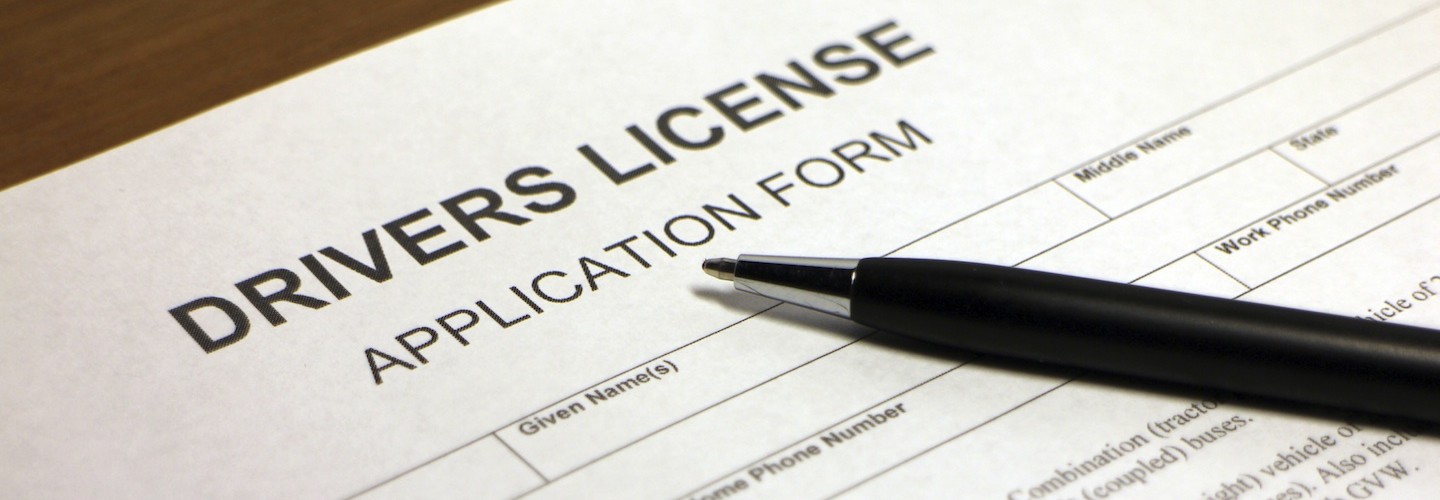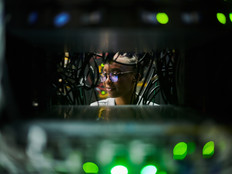Delaware and Iowa Explore Benefits of Mobile Driver’s Licenses
The rise of the Internet, and the innovation used to take advantage of it, have made apps increasingly popular. The transactional process of purchasing food or paying for parking has been reduced to the click of a button. Now, Delaware and Iowa are flirting with the idea of bringing driver’s licenses to the digital realm.
Prompted by a legislative command, Delaware’s Division of Motor Vehicles is six months into research about the obstacles and advantages of mobile driver’s license technology, StateScoop reports. And for the past two months, Iowa’s Transportation Department has been testing the technology, allowing employees to use an app in conjunction with their plastic licenses:
Hundreds of state employees are currently using the app. After downloading the app, users receive an email with instructions and a PIN. They also have to take a “selfie” with their phone’s camera, which the app uses to match with pictures on file in the state’s DMV databases.
According to Iowa DMV director Mark Lowe, this trial period has fostered the exchange of information concerning state services such as driving records and vehicle registration. Aside from freeing drivers of the need for physical licenses, the app could someday lead to remote updates of license information, Lowe believes.
“What’s interesting to me is your identity doesn’t end just because you lose driving privileges, so you can take away that driver’s license, but they need to come back to us and get a new credential,” he told StateScoop. “It becomes a transaction with cost to customers, cost to us. We need a shift so that it’s going to say something else, communicate something else.”
Mobile Driver’s License Technology Creates Privacy Concerns
Another application of the technology that’s being explored is checking people’s identification remotely so that police officers can find out who is in a car they’re stopping before they approach the vehicle. “If we can transmit from one mobile device to another device without them getting out of the car, it might be possible once they pull over that vehicle to be able to safely identify who’s in that vehicle,” Lowe explained.
This capability, however, is guaranteed to create concerns about privacy:
Lowe acknowledged the privacy worries inherent in that application of the technology, but added that his staff would be attentive to ensuring that the app wouldn’t permit any violation of the Supreme Court’s 2014 ruling prohibiting warrantless searches of cell phones.
Scott Vien, director of Delaware’s DMV, believes that the innovative states that try out the technology and prove its value will lead to its mainstream acceptance.
“Once states like Delaware, Iowa and many others start proving that this mobile driver’s license is a very usable, interoperable tool for somebody to have, then development I think is going to take off from there,” he said.








